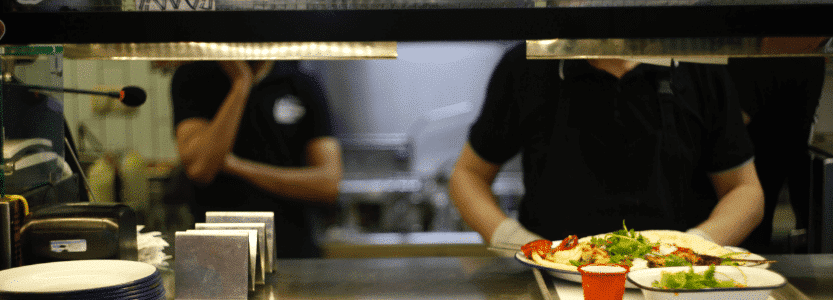The Importance of Free School Meals Demonstrated
Updated 12th January 2023 | 4 min read Published 2nd November 2020
After a school year where we saw universal infant free school meals (UIFSM) introduced across England, the importance of such schemes is now being highlighted across Britain as a whole this summer. The British Medical Association (BMA) is calling for a similar scheme to be made available in Northern Ireland and some local councils in Scotland have recognised the value of their free school meals and are now extending their offering over the summer break.
The positive impact of Free School Meals
No doubt there has been teething problems in the UIFSM introductory year and it has caused logistical and bureaucratic problems that were not foreseen. But most would argue that the scheme has been a net positive. For every school that has struggled to come to grips with the scheme, there is an equal number of, if not more, success stories.
Even those that have struggled, will hopefully in the coming years overcome the initial headaches caused by the scheme and also come to reap the benefits. Some schools do find it difficult to cope with the new demand for school meals, when expansion and improvement of their catering and dining facilities is difficult to achieve – such as in the cases when schools are located in very old Victorian buildings.
Many local councils and schools have had great success however. Take Portsmouth City Council for example. They were previously across their jurisdiction, serving 4,800 free school meals a day – after the government push, they now serve 8,000 free school meals a day. And 70% of infant pupils are being reached by the UIFSM scheme. Neil Young, a cabinet member for children and education at Portsmouth City Council has said:
“Here in Portsmouth we have really embraced the changes and tried to ensure that we could deliver them as quickly as possible in line with the government proposals. We have invested quite a bit of money in the school kitchens.
“It’s about making sure that children have a good meal in the middle of the day. It does help them with their learning and development and helps them become more alert.”
The British Medical Association certainly agrees with Mr Young. A free school meal that is healthy and nutritious can make a huge difference for infant pupils’ well-being, education and health. Dr Darragh of the BMA has said:
“Doctors are increasingly concerned about the impact of poor diet on patient’s health, which is not only a significant cause of ill health and premature death, but a considerable drain on NHS resources.
“It is critical that healthy eating patterns are established when people are young and we believe that providing a healthy meal to children every day will help establish those patterns.
“Evidence suggests that universal provision of free school meals is beneficial towards this.”
Expanding the benefits throughout Britain
Dr Darragh’s comments come in the wake of the BMA recommending that schools in Northern Ireland start offering free school meals to pupils from the age of four to seven. A spokeswoman for the Northern Ireland’s Department of Education said that in the past few years an additional 35,000 pupils had been made eligible for free school meals, but they had no plans to extend the program to all pupils.
In the current system, the service is means-tested. Children whose parents receive benefits or whose household income is below a certain threshold currently receive free school meals. Extending the program to all schools obviously requires a significant investment. But there is a case to be made that in the long term, universal infant free school meals would have a net benefit on the Northern Irish economy. It would reduce pressure on the health services, and help contribute to the education and ultimately, the productivity of its students; helping them reach their full potential.
Free summer lunches in Scotland
In Scotland as well, this summer we are seeing how vital and important free school meals can be to children from under privileged backgrounds. Without the free school meals that children receive in term-time, some parents unfortunately do struggle to feed their kids, let alone feed them a healthy and beneficial diet. Local councils in Scotland have recognised this, and at summer activities held in schools, have continued to hand out free meals to those students that qualify, and only charged £2 a meal to other students.
The North Ayrshire Council has had ten schools open for summer activities frequently during the summer, and is estimated to be serving 1,200 meals a week to children.
Scotland does not have a Universal Free School Meal program itself, but instances like this and the recommendations Northern Ireland received from the BMA, show that the scheme would be useful and beneficial across the nation, not just in England. Here’s hoping such schemes can be introduced in the coming years.
It could depend on the success of the scheme in England, which will hopefully continue to improve in its second year. One of the major goals of our FasTrak solution is to assist schools in the successful implementation of free school meals. Head here to find out more about the FasTrak system and how it helps schools deliver healthy and nutritious meals to the students that need it most.
Related links & news stories
BBC: School dinners: BMA calls for free meals for all children up to P3



